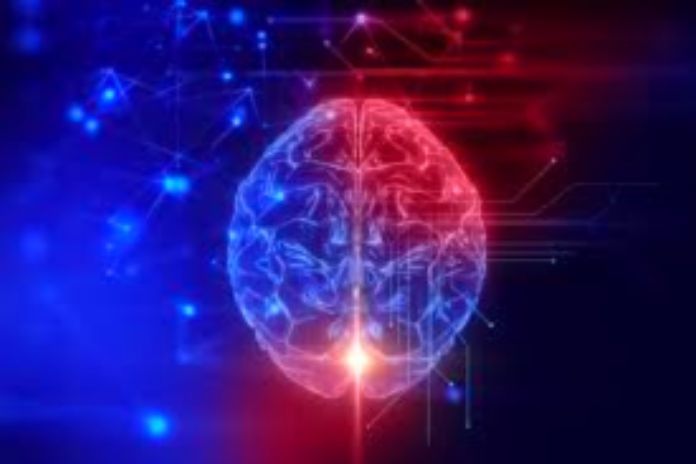Human Intelligence: If you enjoy watching sci-fi movies or series, you’ve undoubtedly seen scenes depicting artificial intelligence as human-like robots.
Those machines, capable of acting in the name of good and evil with such skill, don’t seem very friendly trying to dominate the world.
But rest assured: the current evolution of this technology is not as scary as it may seem; on the contrary, it is bringing enormous benefits to various sectors of society.
Concept
Artificial intelligence (AI) relates to the ability of machines to think like human beings, being able to learn, reason, perceive and decide intelligently. As an area of computer science, AI learns through the information it receives. As we “feed” the machine with a large amount of data (we call this Big Data), the smarter it gets, acquiring skills in planning, speech recognition, and problem-solving.
Machine learning is known as Machine Learning through our interactions and data. Artificial intelligence is the most significant technological evolution in computing due to the ability to connect different areas of our lives, facilitating and predicting our needs.
Story
Artificial intelligence began to be studied, in fact, in the 50s, due to the “behaviorist” psychological current. Behaviorism leads to a thesis about the human learning system, related to cognitive maps – stimulus-stimulus interactions – generated in brain mechanisms. Thus, for each group of stimuli, the individual produces a different and, in a certain way, predictable behavior.
In 1956, John McCarthy, a university professor, coined the term Artificial Intelligence to describe a world in which machines would have the ability to solve problems that would be reserved for humans. Initial AI research in the 1950s paved the way for the automation and formal reasoning we see in computers today, including decision support systems and intelligent research systems that can be designed to complement and augment human skills.
Applications
Artificial Intelligence is present in practically every sector we use, either implicitly or quite evidently. The smartphone itself, used daily by most people, has AI applications: through voice recognition, it is possible to ask the device to do a survey or even a call – tasks performed by virtual assistants, such as Siri (Apple) and Google Assistant.
Image classification and object recognition in healthcare can identify cancer on MRI scans with the same precision as highly skilled radiologists. In retail, AI provides virtual shopping capabilities that offer recommendations tailored to the consumer profile. The same is true for video and audio streaming services, as the more you watch and listen, the more the platform knows your taste and can thus make recommendations based on the data your use provides. In the not-so-distant past, something that was considered almost impossible is now in the testing phase: we are talking about autonomous cars, capable of recognizing objects at a certain distance and avoiding accidents by collision.
Future
In 2014, physicist Stephen Hawking claimed that “the development of full artificial intelligence could spell the end of the human race.” Hawking made that caveat when answering a question about advances in the technology he uses to communicate, which involves a basic form of artificial intelligence. He explained that the primitive forms of artificial intelligence have proved quite helpful to society. Still, he stressed that he fears the possible consequences of creating machines with intelligence equivalent to or superior to humans. On the other hand, Rollo Carpenter, an expert in artificial intelligence, has a more positive view of its advances: “I believe we will continue to be in charge of the technology for a reasonable period,
There is no way to be sure what humanity will be like for many years. Still, many of the scenarios and inventions we see in futuristic films are already present in our daily lives, and this is only likely to continue. The world lacks many advances, whether in medicine – in the search for the eradication of diseases or industries – eliminating activities of significant risk to workers, or in crops – with a more effective quality analysis of food. The needs are many, and, little by little, they are arriving and revolutionizing society. Studies on the possibilities of applications of Artificial Intelligence are in full swing in different parts of the world, and it is a fact that people’s lives are being made easier due to so many innovations.
Also Read: Artificial Intelligence In HR Processes

